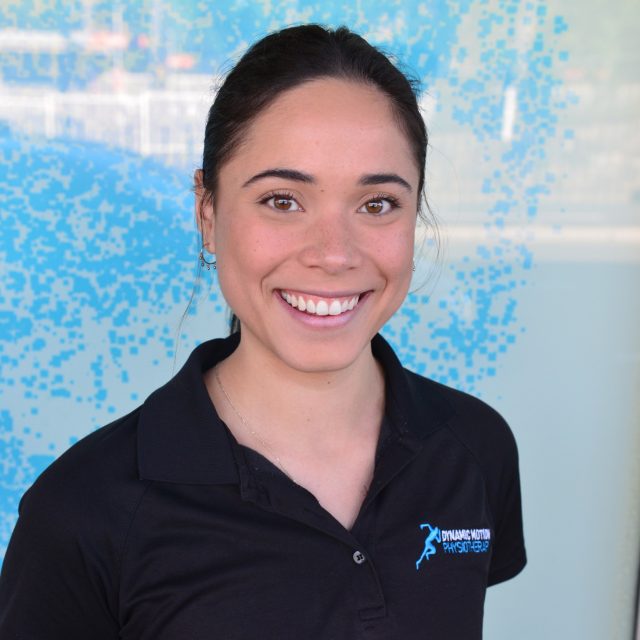A frozen shoulder (or adhesive capsulitis) is when your shoulder becomes acutely painful and loses freedom of motion as a result of inflammation of the capsule of the shoulder. It usually starts for no apparent reason and can take anywhere from 6 to 18 months to recover completely.
A thorough initial assessment is important to determine that a stiff, painful shoulder is not a rotator cuff problem, which requires a different treatment plan.
There are three stages in a frozen shoulder:
1. Acute Pain (especially at night) and stiffness that will gradually increase over time.
2. Stiffness – Pain can potentially improve during this stage but the range of motion will remain limited. This period can last for months.
3. Resolving – Stiffness will begin to improve and pain will continue to reduce.
It is often difficult to determine the cause of frozen shoulder but chances of having it can be increased in conditions such as:
- Diabetes
- Recent chest surgery
- Thyroid dysfunction
- Autoimmune dysfunction
It is commonly experienced by females between the ages of 40 – 60.
Treatment options are limited, especially in the 1st and 2nd stages. Pain medication and anti-inflammatories may be helpful. Intra-articular injection of saline, local anesthetic, and corticosteroids help in some cases. Hydro-dilatation of the shoulder is also sometimes used.
Physical therapy is only of benefit in the 3rd stage of the condition where exercises have proved to hasten the recovery time and give better end result ie. range of movement restored.
knowledge … self-management … prevention

















